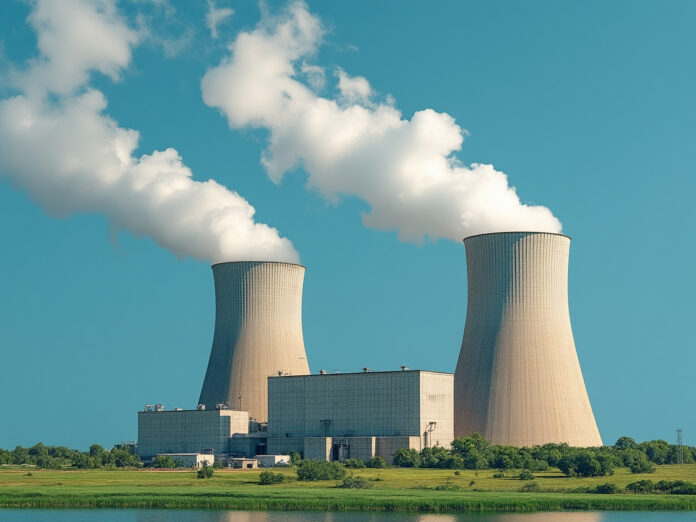The government’s Task Force on Energy and 17 Independent Power Producers (IPPs) operating under the 1994 and 2002 power policies have reached an agreement on a hybrid “take and pay” model after extensive discussions in Rawalpindi, Business Recorder reported, citing sources..
The task force, led by Minister for Power Sardar Awais Khan Leghari, includes senior officials and experts from NEPRA, CPPA-G, SECP, and other institutions.
While the government previously confirmed revised pacts with 11 IPPs, the exact number of signatories among the 17 IPPs remains unverified.
Legal teams from both sides reviewed the draft Power Purchase Agreements (PPAs) and Implementation Agreements (IAs), which are now pending cabinet approval before submission to NEPRA for new tariff determinations.
The revised agreements are expected to save the government up to Rs200-300 billion. Key terms include rebased tariffs, profit-sharing adjustments, and changes to indexation mechanisms.
For instance, Nishat Chunian Power Limited has formally approved amendments to its Power Purchase Agreements and Implementation Agreements, along with a shift to the hybrid model, effective from November 1, 2024.
The changes also address outstanding receivables, with the government committing to clear them within 90 days of the agreement’s approval. Arbitration clauses in agreements are being revised to local laws, replacing the LCIA Arbitration clause with Islamabad-based arbitration.
According to sources, agreements have been reached with approximately 30 IPPs to date, including those under pre-1994, 1994, and 2002 power policies, as well as bagasse-based IPPs.
The next round of negotiations will focus on government-owned power plants and renewable energy projects.
The government anticipates a reduction of Rs3.50 per unit in tariffs from the revised agreements, which could increase to Rs6.50 per unit after re-profiling debts of Chinese IPPs, subject to Beijing’s approval.




